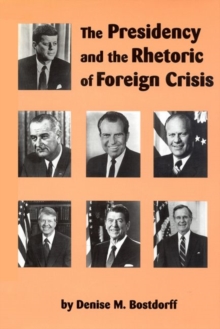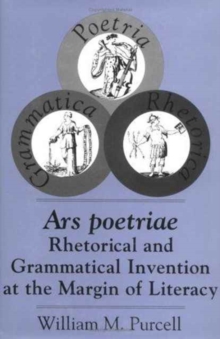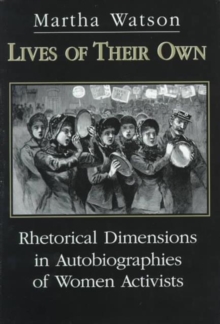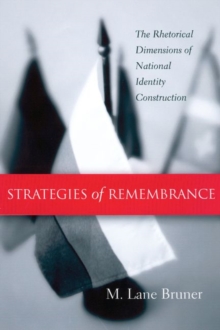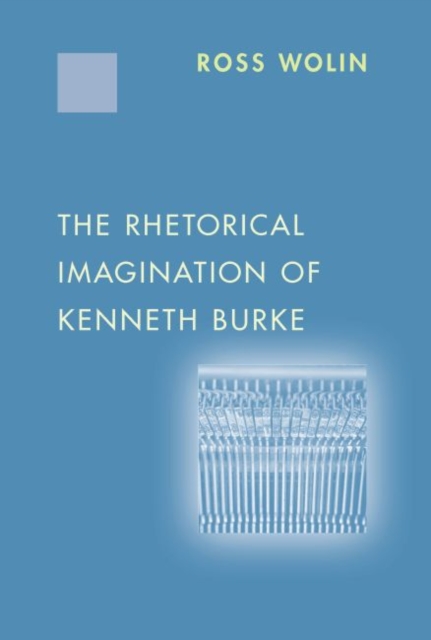
The Rhetorical Imagination of Kenneth Burke Hardback
by Ross Wolin
Part of the Studies in Rhetoric/Communication series
Hardback
- Information
Description
WIDELY HAILED as one of America's greatest rhetorical theorists, Kenneth Burke (1897-1993) ranged freely across many fields of knowledge, investigating the ways language, literature, and ideas relate to one another and to the social and political aspects of life.
Skeptical of disciplinary boundaries, Burke garnered both praise and censure for his eclecticism.
While several intellectual movements - including the New Critics - have claimed him as a member, Burke himself strongly resisted such affiliations.
In a comprehensive examination of Burke's achievements, Ross Wolin sifts through the misconceptions associated with the critic and uncovers a complex set of theoretical concerns to which Burke devoted his career.
In a work that is part biography, part intellectual history, and part rhetorical, theory, Wolin analyzes Burke's early essays of the 1920s and all eight of his theoretical volumes and argues that each of these represented a rearticulation and extension of the writer's previous studies, all of which brought together socially and politically charged ideas born of World War I, the Great Depression, and the aesthetic movement of the 1920s and early 1930s.
Wolin suggests that Burke turned to psychology, history, literature, philosophy, and religion, while increasing his focus on rhetoric and the general nature of language, in the hope of overcoming the formidable rhetorical problems that his scrambling of intellectual categories inevitably produced.
Wolin recaptures the richness of the critic's vision of ""a better life"" through understanding the nature of language and its social and political uses.
Information
-
Out of Stock - We are unable to provide an estimated availability date for this product
- Format:Hardback
- Pages:256 pages, 1 halftone
- Publisher:University of South Carolina Press
- Publication Date:31/07/2001
- Category:
- ISBN:9781570034046
Information
-
Out of Stock - We are unable to provide an estimated availability date for this product
- Format:Hardback
- Pages:256 pages, 1 halftone
- Publisher:University of South Carolina Press
- Publication Date:31/07/2001
- Category:
- ISBN:9781570034046
